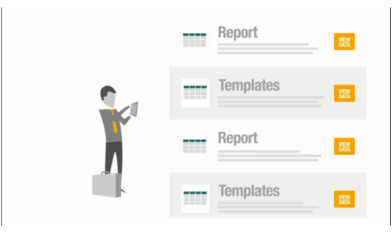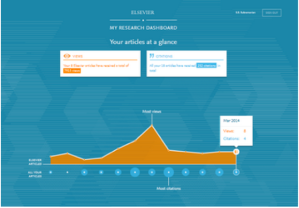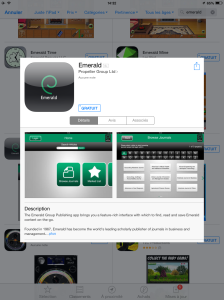 A post written by Sarah Tanksalvala on Thomson Reuters EndNote blog deals with the concept of ethical research. Here are a few insights.
A post written by Sarah Tanksalvala on Thomson Reuters EndNote blog deals with the concept of ethical research. Here are a few insights.
Everyone knows plagiarism is wrong, but whatever your academic discipline, the concept of “ethical research” roams into a lot of gray areas.
For example, did you know that the number of participants, or the way you ask someone for an interview, can determine whether your research is ethical or not? Or that the scientific method is an ethical issue?
Dubious research practices can be damaging to both participants and academia, and it’s also one of the fastest ways possible to damage your reputation. When planning any research study, there are a number of things you’ll need to take into account.
Method matters
Regardless of the study, the most fundamental aspect of ethical research – unless there’s a technology failure – is sticking to the scientific method.
“If you don’t like the data, you may change your hypothesis or better yet, design a better experiment,” says Richard Hichwa (professor and senior associate vice president for research, the University of Iowa). “The thought process of ‘the hypothesis and data don’t match, so I can tweak it to make it match,’ that’s a shady perspective.”
This is important for more than reasons of academic honesty, though. If the next steps of your research involve human participants, you need to know exactly what value you’ll get from the experiment and if it warrants the risks to your participants. If your original studies were flawed or tweaked, you won’t know this.
Use your subjects wisely
If there’s no risk to a participant (such as with a survey), you have more flexibility in the number of people you choose to participate.
When you are conducting research that involves human subjects, participation must be purely voluntary, and you must avoid using language which pushes the participant to do things they might not want to do.
Even asking for an interview can be problematic if you phrase your request in a way that makes them feel obligated or pressured, such as, “I’d really appreciate it if I could interview you.”, especially when dealing with vulnerable populations. Even after they accept, you must maintain this standard of voluntary participation, so subjects know they are not obligated to go any further.
It is also crucial that you maintain the privacy and confidentiality of your subjects unless they voluntarily – and without any pressure – give you permission to record or identify them in some way.
Read more here




 Forrester’s Playbook framework organizes Forrester research content and services with a lifecycle approach.
Forrester’s Playbook framework organizes Forrester research content and services with a lifecycle approach.




















